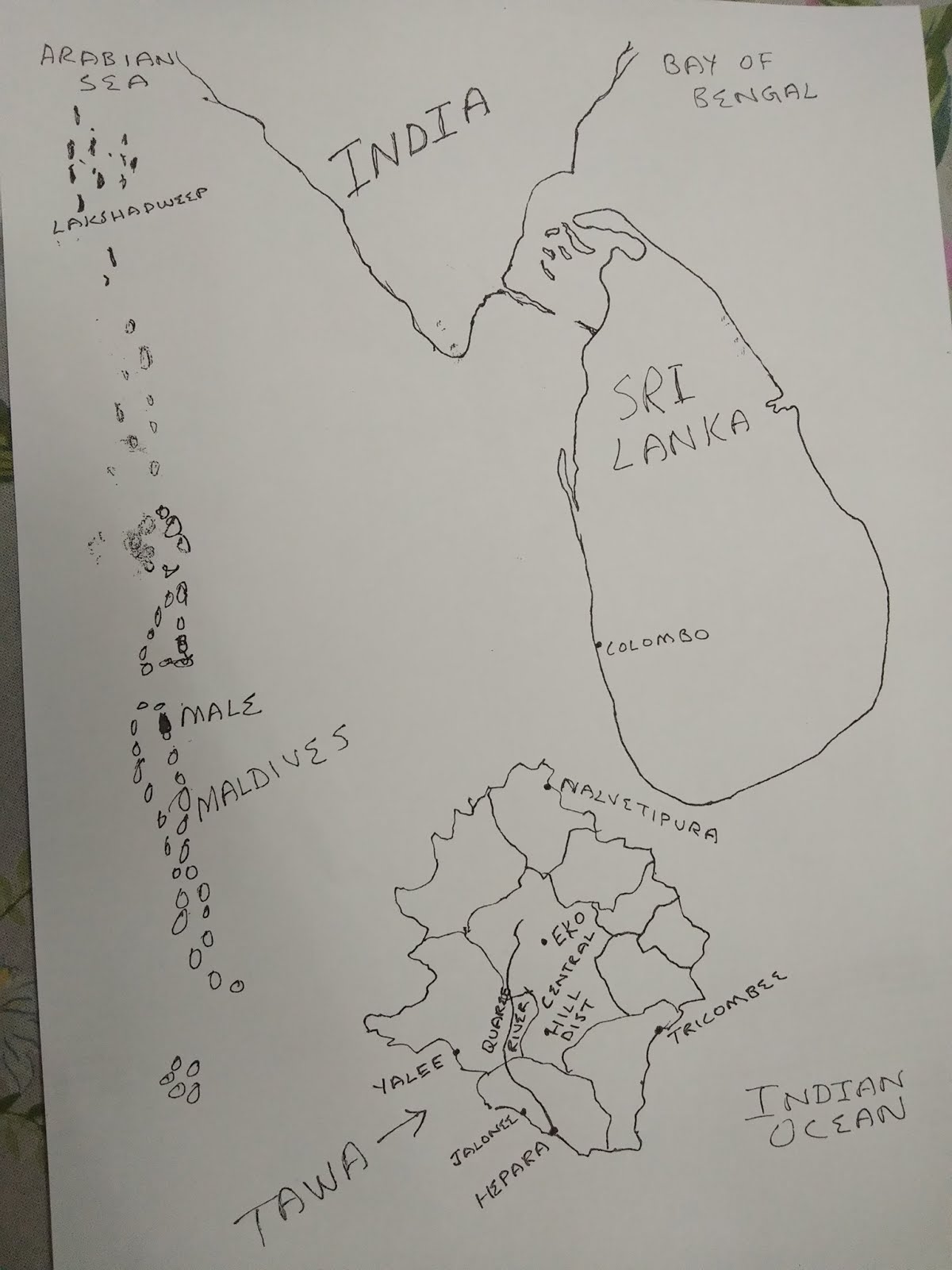Wednesday 11 July 2012
Book Review: Kith and Kin – Chronicles Of A Clan, by Sheila Kumar
Three generations of the Melekats are represented in Sheila Kumar’s short story collection Kith and Kin. There’s Melekat Ammini Amma, the Matriarch, her son Balan, daughters Padmini and Leela and a number of assorted grandchildren. The Melekat folks are a breed apart. Hailing from an aristocratic Nair family in northern Kerala, some of them can be arrogant, just as many are down to earth. Good looks run in the family and many Melekats are handsome or extremely beautiful, like Ammini Amma herself or her daughter Padmini. There are exceptions of course, such as Padmini’s daughter Beena. In this modern day and age, they live in various parts of India and travel overseas quite often. Over nineteen delightful stories Sheila Kumar manages to gently suss out the vagaries and idiosyncrasies of this exotic breed, their spouses, partners and lovers, and the reader ends up wanting for more.
The Melekat family believes in its importance and image and takes great pains to maintain it. When Ammini Amma’s daughter Padmini becomes a widow, she is relieved because her tuberculosis afflicted husband had inflicted a great deal of suffering on her. She has a fourteen month old son and a number of older children. Though her husband had imposed a frugal life on her, or maybe because of it, there is enough money to go around for the rest of their lives. Plus she has Saju, her Man Friday who is such a comfort to have around. The family descends for the funeral and later insists that she fire Saju since Saju no longer acted like a servant and it was only a matter of time before people started talking. Padmini tries to resist – 'Does no one care that I need Saju here?' she bursts out. 'Servants are dispensible, They must be dispensible,' is the refrain from the rest of the family. Family pride wins in the end. Saju is sacked, but as he leaves, he utters a couple of sentences which turn the story, Cast In Mourning, on its head.
Yes, a handful of stories in this collection come with a Jeffrey Archeresque twist in the end. These are quite unexpected, especially because these do not seem to be stories with a hidden or surprise ending. Cast In Mourning would have been a good read even without the sudden turn towards the end.
The best thing about Kith and Kin is that Kumar does not make any value judgements. Colours, the story of Beena (Padmini’s daughter and the Matriarch’s granddaughter) is a case in point. Beena’s folks are on the lookout for a suitable boy for her. The first proposal comes in when Beena is twenty-two. Some boys reject Beena and Beena rejects a few, such as one on the ground the man lived in Ghatkopar. Time passes by and not too smoothly. Finally when Beena is close to thirty and her younger brother Amar is already married, she meets a man she likes. Does “tall, dark and handsome who holds a good job in London” reciprocate? Do read Colours to find out. Mind you, the ending doesn’t really matter since the breeze in Sheila Kumar’s farm is gentle, irrespective of the direction.
The Melekat clan might be ancient, but modern values and ailments have caught up with them. Some marriages are broken, some of the Melekats make unfaithful partners, and some like Ammini Amma’s granddaughter Suvarna seem to be commitment phobic. However, Sheila Kumar never plays judge and all characters receive equal respect for the diversity they represent.
You can’t have a clan like the Melekats without a family home, something on the lines of Tara or Manderley. The sprawling Melekat family house is incongruously named Mon Repos and has an outhouse, called The Retreat. Mon Repos, despite its French name, is a typical Kerala house with mango, almond and chikoo trees, a cowshed with its distinctive smells and lowing animals inside and a tiled brick shed where water was boiled in copper bottomed vats for the numerous oil baths.
I could go on in much more detail – there are nineteen stories in all. However I’ll stop here with a gentle Sheila-esque suggestion that Kith and Kin be added to your reading list at your earliest convenience.
Subscribe to:
Post Comments (Atom)







No comments:
Post a Comment